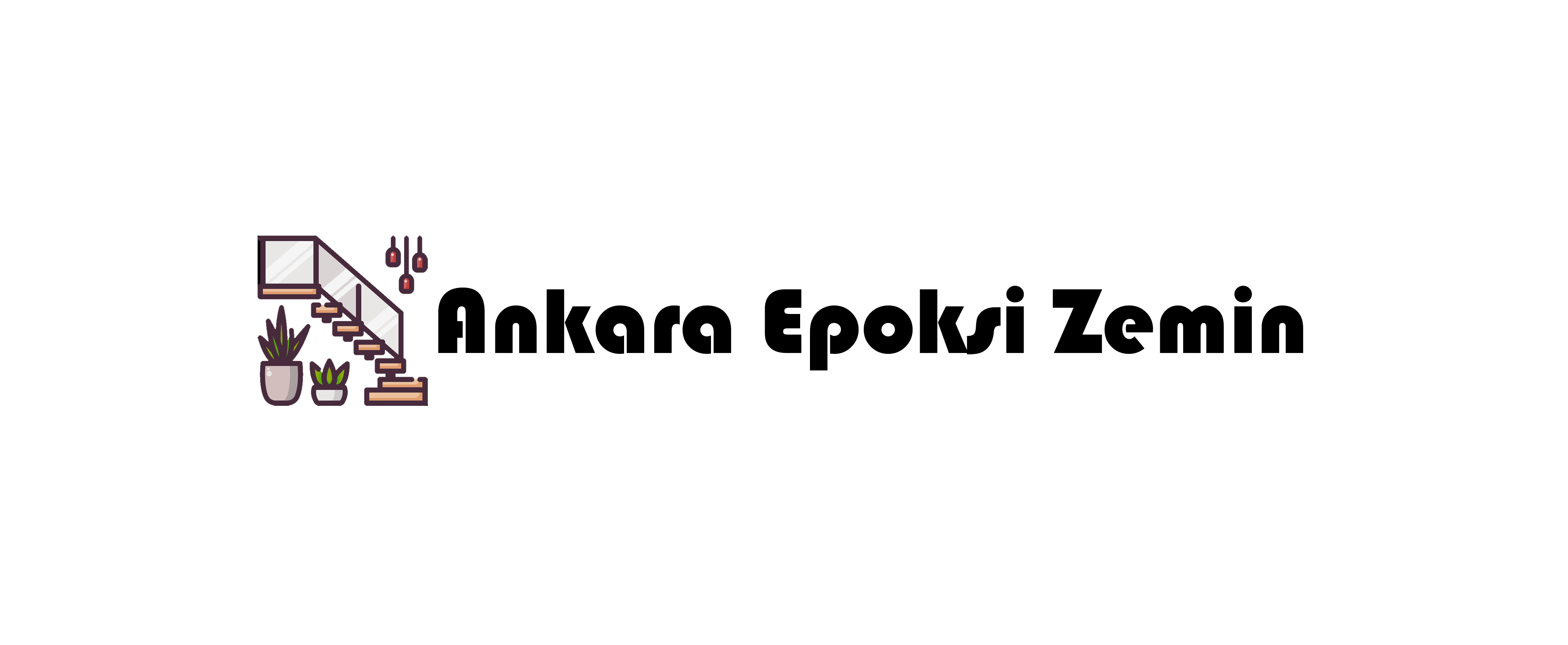How to Collaborate with Other Game Developers: Building Successful Partnerships
Learn effective strategies for collaborating with fellow game developers to create better projects, share skills, and enhance creativity in game development.
Collaboration is a cornerstone of successful game kaya 787 development. Whether you’re an indie developer working on a small project or part of a larger studio, partnering with other developers brings diverse skills, fresh ideas, and shared workloads that elevate the quality of your games. However, effective collaboration requires clear communication, organization, and mutual respect. This article explores practical tips on how to collaborate successfully with other game developers.
The first step in collaboration is finding the right partners. Look for developers whose skills complement yours and who share a similar vision or passion for the project. Online communities like GitHub, game development forums, Discord servers, and social media platforms are great places to connect with others. Attend local meetups or game jams to meet developers in person and build relationships.
Once you have a team, establishing clear goals and roles is essential. Define the project’s scope, timeline, and milestones early on to ensure everyone understands what you aim to achieve. Assign roles based on each member’s strengths—such as programming, art, sound design, or writing—so responsibilities are clear and manageable. This structure helps prevent overlap and ensures accountability.
Effective communication is the backbone of collaboration. Use tools like Slack, Discord, or Microsoft Teams for daily conversations and quick updates. Schedule regular meetings to discuss progress, challenges, and next steps. Keeping open and transparent communication fosters trust and keeps the team aligned.
Version control systems like Git are vital for managing code and assets when multiple developers work together. They allow team members to track changes, resolve conflicts, and maintain a single source of truth for the project. Familiarize yourself with these tools to streamline collaboration and prevent data loss or duplication.
Respecting each other’s ideas and feedback creates a positive working environment. Encourage open discussions and constructive criticism while valuing diverse perspectives. Remember that collaboration is about combining strengths, so be willing to compromise and adapt your ideas for the greater good of the project.
Using project management tools like Trello, Jira, or Asana helps organize tasks, set deadlines, and monitor progress. Breaking down the project into smaller, manageable tasks ensures steady advancement and makes it easier to identify and address bottlenecks early.
Documentation plays a key role in keeping the team on the same page. Maintain clear and up-to-date documents covering game design, technical requirements, coding standards, and asset guidelines. This practice reduces confusion and helps onboard new team members smoothly.
Conflict is natural in any collaborative effort, but handling it professionally is crucial. Address issues promptly through open dialogue, seeking to understand different viewpoints and find mutually agreeable solutions. Maintaining respect and focusing on shared goals keeps the collaboration healthy.
Lastly, celebrate milestones and successes together. Recognizing contributions and achievements boosts morale and strengthens team bonds. Whether it’s finishing a playable demo or launching the game, taking time to appreciate progress motivates everyone.
In summary, collaborating with other game developers involves finding compatible partners, defining clear goals and roles, maintaining open communication, utilizing appropriate tools, and fostering a respectful and organized environment. By embracing these principles, developers can pool their talents and create games that are richer, more polished, and creatively fulfilling.
